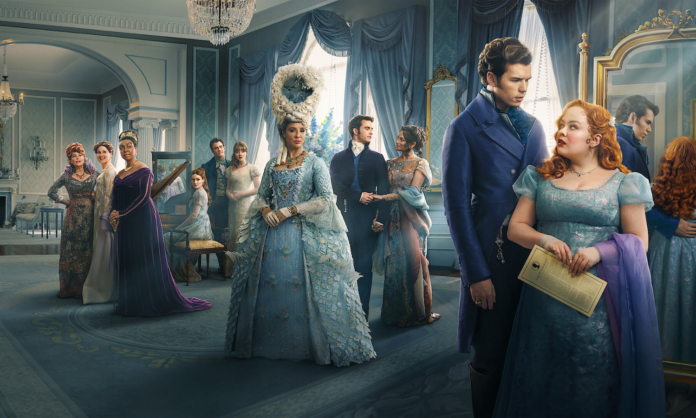In a post on Writer Unboxed, Greer Macallister identifies three writing lessons we can learn from Bridgerton Season 3. They are:
The end isn’t always the end. Even when characters seem to get what they desire, secrets and mysteries can derail their goals. “You don’t want to give your characters everything they want early in the story, but neither do you want to hold off all the major action for the story’s climax,” Macallister says. Ebbing and flowing action does wonders.”
Villains need reasons. Always remember that the villain is the hero of her own story. “No one sets out to write a cardboard villain, but many of them end up that way if the writer doesn’t do the work of giving them a complete set of circumstances, goals and desires,” Macallister writes.
Use your cast. “You may or may not have a cast this sprawling in your writing, but when you do, it’s important to ask yourself a key question whenever you need a character to provide an action: can someone the audience already knows do this?” Macallister says. “It’s going to be easier for your readers to keep track of characters you’ve already introduced, so if you’re going to bring in someone new, make sure they’re essential — and make them memorable.”












